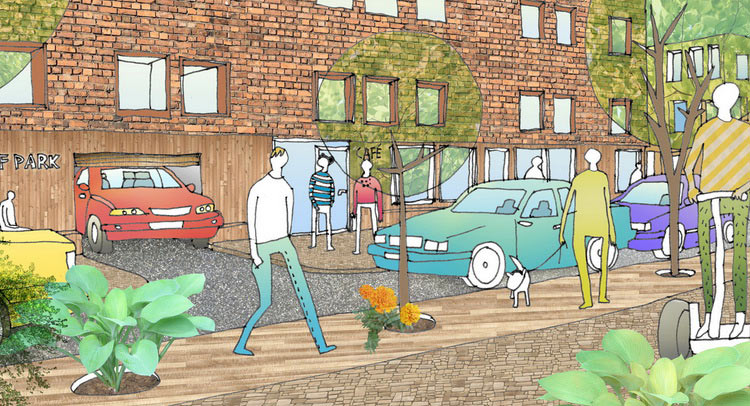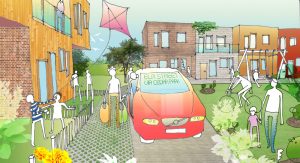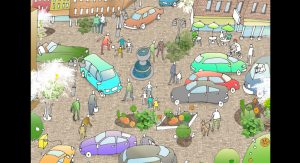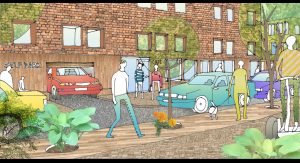According to Redfin CEO Glenn Kelman, the growth of autonomous technologies in transportation could help shape the entire real estate market in the near future.
At a recent article, Kelman claimed that, unlike today’s cars, “which are parked 96% of the time,” autonomous vehicles will be in constant movement in the future.
This means that we’ll need fewer cars overall and those remaining could even leave town during the night.
If this turns out to be the case, the value we as a society put on real estate could change, because “who needs a garage, or for that matter a kitchen or a living room, when transportation, food and even a social life are all available online and on-demand?”
Kelman says that while urban home prices keep going up, there are plenty of couples with either just one car or no car who prefer to purchase smaller homes with fewer amenities that, instead, feature a “high Walk Score and nearby transit.”
“One third of urban real estate is devoted to parking garages that could become parks; there are eight U.S. parking spaces for every car in operation, for as many as two billion U.S. spaces overall. Thirteen percent of every lot for a typical single-family home is now dedicated to a garage that could be converted into an office or a mother-in-law apartment; with the income provided by AirBnB and other property-rental sites, single-family homes could thus become 13% more affordable. Perhaps a decade from now, architects and contractors may offer fixed-fee garage-conversion services, in much the same way that old houses were once converted to use modern furnaces and plumbing.”
Already, Uber and Lyft data point out that, as cars become more of a service rather than an asset, proximity to subways and trains that can beat traffic altogether will keep on growing in popularity among home owners.
He also cautions people who rent or purchase a house to should consider the possibility that “a home next to an unsightly parking garage may one day be situated next to a new park or a new block of coffee shops and restaurants,” and that’s a pretty clever way to look at it.
“A hundred years ago, the car was the reason that cities became something entirely different than villages, with sprawl, painful commutes and gated communities. Now the self-driving car may bring the old idea of a village back to the future.”
That’s a fascinating scenario. Simplifying our way of living: isn’t that what technology is supposed to do?
Story references: linkedin pulse






